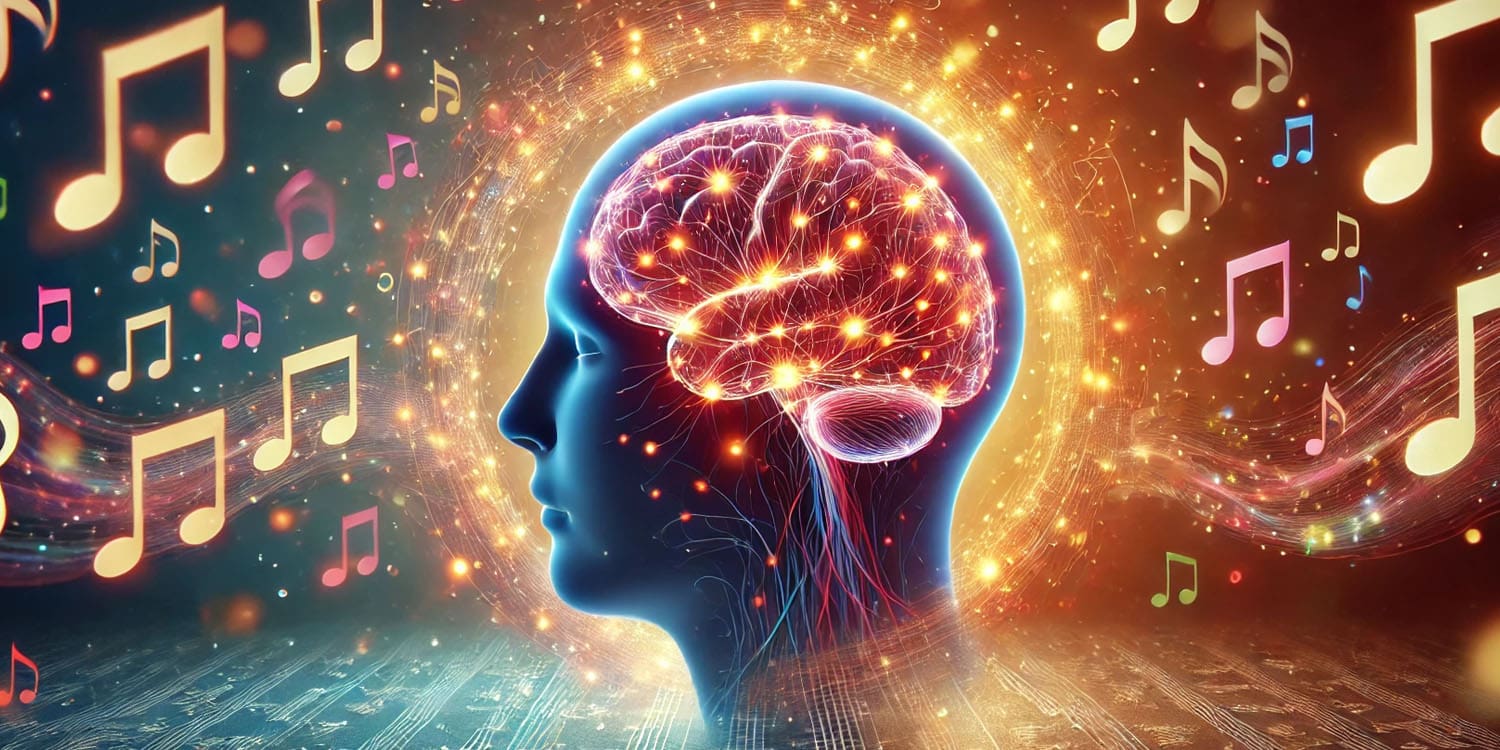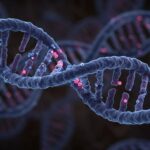Listening to classical music could help stroke survivors recover language skills and increase brain connectivity, according to a new study published in the Annals of Physical and Rehabilitation Medicine.
Stroke-induced aphasia, a condition that impairs language abilities (e.g. speaking, writing, reading, or understanding), is a significant cause of disability worldwide. Traditional views held that these cognitive deficits were due to localized brain damage. However, recent research highlights the role of disrupted neural networks in the brain.
Led by Maryane Chea, researchers at the Paris Brain Institute in Sorbonne University, France, were intrigued by the potential of music therapy to aid recovery.
Previous studies have shown that music can enhance cognitive functions after a stroke, potentially through enhancement of brain connectivity. Hence, the team aimed to explore whether listening to classical music could improve language abilities and brain connectivity in stroke survivors.
The study involved four right-handed patients (1 female and 3 male) who had experienced strokes in the left hemisphere of their brains. These patients were aged on average 58 years old, and were randomized to one of two conditions, both of which lasted for 4 weeks.
In the first condition, the participants listened to classical music by composers such as Haydn, Mozart, and Beethoven for 2 hours daily, for 2 weeks. This was in addition to their standard care. Upon reaching 2 weeks, participants were switched to only receive standard care.
In the second condition this order was reversed, where participants received two weeks of standard care, followed by two weeks of combined standard care and listening to classical music.
Patients underwent cognitive and neuroimaging assessments at multiple points during the study. The researchers utilized language tests, as well as employed advanced imaging techniques (EEG and MRI) to evaluate changes in brain connectivity.
The results were promising. The stroke-induced aphasia patients demonstrated improvements in language test scores after the music therapy sessions, compared to when receiving standard therapy.
EEG measurements also indicated enhanced functional brain connectivity, allowing more complex information to be transmitted throughout the brain.
Only one participant completed the full MRI follow-up, and they demonstrated increased connectivity in several brain regions after music therapy. This included the corpus callosum, the brain matter which connects the two hemispheres.
The researchers explained the benefit of their study design, “in terms of feasibility, our music-assisted intervention was a relatively inexpensive and non-tiring treatment that was well-received by all participants, even though no-one had prior musical training. Using a limited selection of classical music did not hinder their adherence to the therapy protocol. The cumulative duration of music sessions in this study was 20 [hours], within the range of previous music assisted rehabilitation studies.”
However, the study had limitations. The small sample size and patient heterogeneity mean that the findings are preliminary. Additionally, the evaluations were not blind to the treatment conditions. Future studies with larger, more diverse samples and blind evaluations are needed to confirm these findings.
The study, “Listening to classical music influences brain connectivity in post-stroke aphasia: a pilot study,” was authored by Maryane Chea, Amina Ben Salah, Monica N. Toba, Ryan Zeineldin, Brigitte Kaufmann, Agnès Weill-Chounlamountry, Lionel Naccache, Eléonore Bayen, and Paolo Bartolomeo.




